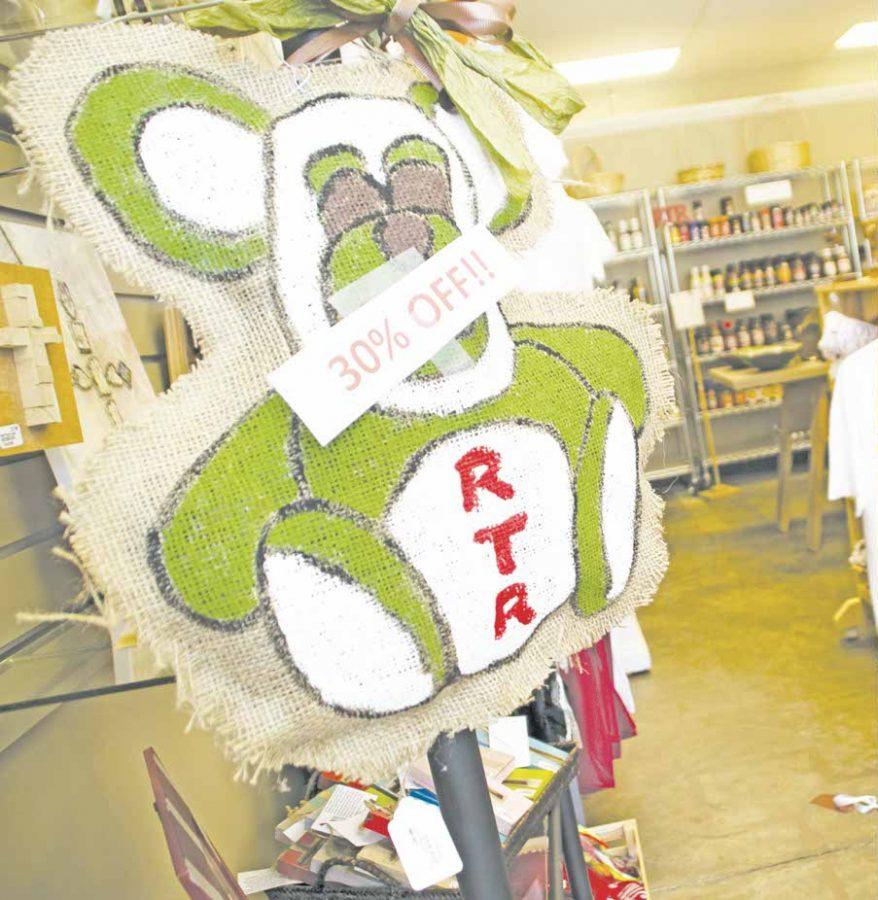Alabama Goods closed its doors at its Tuscaloosa location on University Boulevard after one year of operation.
The store featured local vendors selling handmade items and was modeled after its flagship location in Birmingham. The Tuscaloosa store was an attempt to expand the company but did not get a necessary volume of sales.
Sherry Hartley, one of the owners, said when making the decision, they looked at the population and hoped The University of Alabama would help bring customers to their store. They tried looking for a location with a collection of shops and boutiques. Hartley knew there was a lot of traffic on the Strip and hoped parking near the store would attract customers.
“We hoped that we would be a go-to store for residents there who wanted items that were interesting and unique and made in Alabama,” Hartley said. “We know what our niche is and the type of area where we need to be: It’s in a shopping destination where there are other unique stores appealing to upper-end clientele.”
(See also “Students should patronize local businesses, fuel our economy“)
Alabama Goods has found more locations that fit the niche in other states but not in Alabama. Hartley said their next plan is to open similar stores in other states and have reserved the website names for 40 other states, such as Georgia and Tennessee. Hartley said they plan on launching the websites first, following up with retail locations.
Other local businesses have experienced the challenges Alabama Goods faced in Tuscaloosa. In October 2012, David Milis and his wife opened The Maker’s Market, a craft store in downtown Tuscaloosa that supports the 100 crafters. He said they struggle to spread word about the store and have relied on social media activity, such as supporting other businesses and joining groups like Downtown T-Town, which promotes downtown Tuscaloosa.
“We try to support other businesses,” Milis said. “Some things businesses can do to really help themselves is embrace other businesses around and understand that if everybody gets their welcome mat out and everybody talks about everybody else, eventually it will trickle down to everybody.”
(See also “Local businesses bend but don’t break in summer“)
Competing with chain businesses is a challenge for local businesses. Mary Cesar, owner of Mary’s Cakes & Pastries bakery in downtown Northport, has sold specialty cakes and a variety of pastries for eight years. She said competition with big-box stores is hard when people are used to walking in and getting what they need. Cesar cannot mass produce anything for her bakery, because there’s no certainty everything will be sold.
“People are used to being able to buy goods at reasonably cheap prices, and I think a lot of people maybe don’t appreciate what actually goes into making something from scratch and making it by hand,” Cesar said.
Even with this risk, Cesar keeps baking. She said the experiences people gain from local businesses have more depth, with more personal attention, individual atmosphere and a certainty in the production process.
“People want to spend as little money as possible, but people don’t appreciate what goes into making a small product,” Cesar said. “There’s more to life than eating grocery store food.”
(See also “Local entrepreneur speaks to Capstone business students“)









